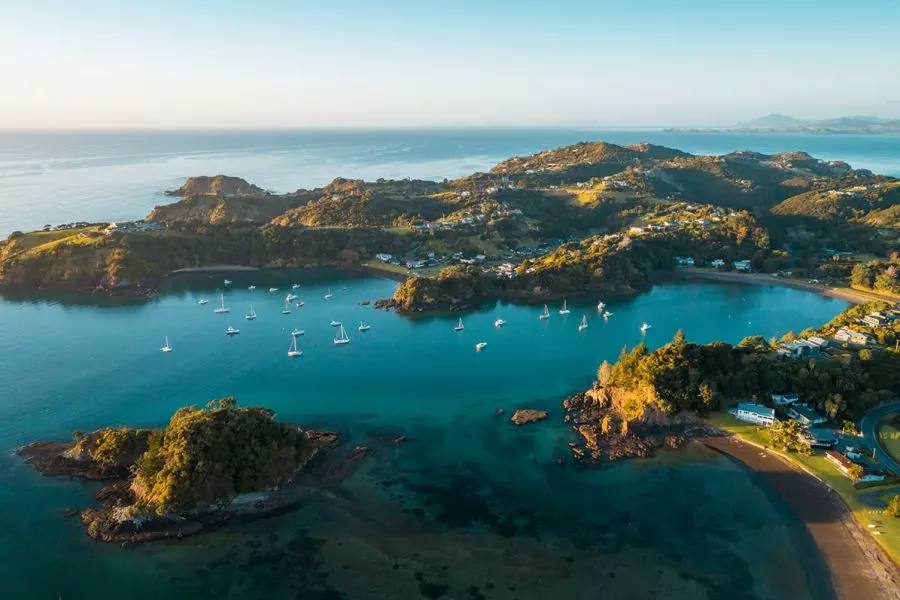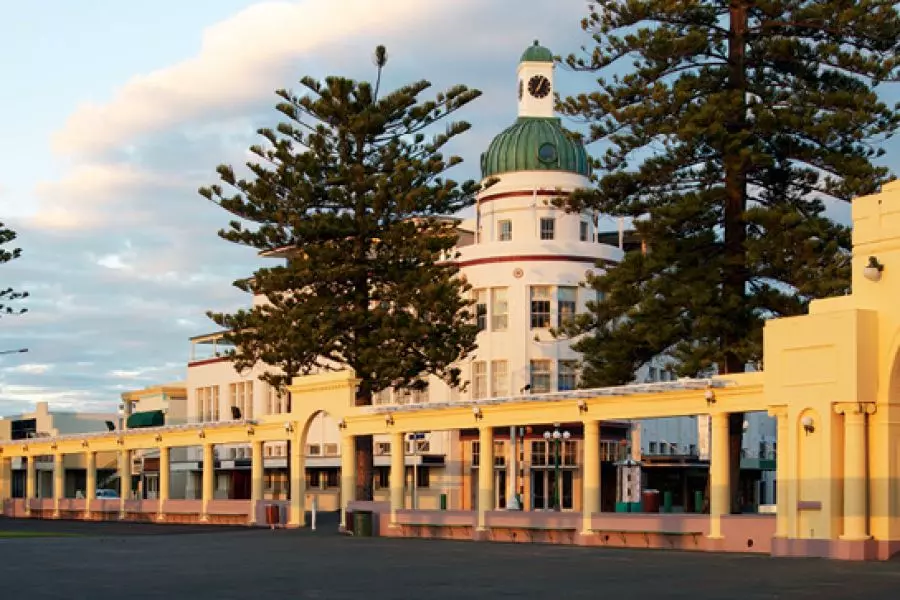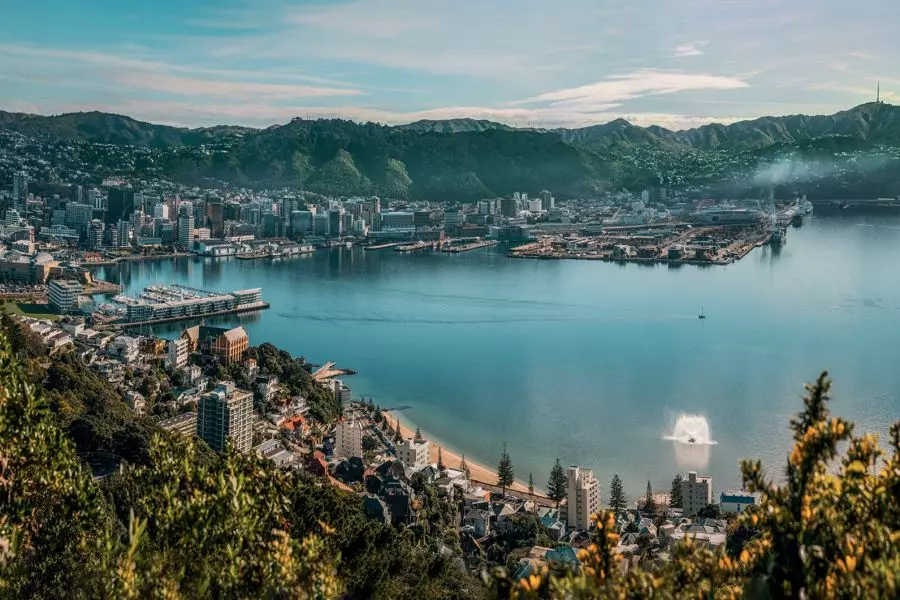
News
Tight times for Winterless North

Monday 12th of July 2021
Described as the “city with 100 beaches”, Whangārei has attracted property investors, retirees and first home buyers alike. For the price of an Auckland house two could be snapped up in Whangārei.
Internal migration and returning expats have sustained Whangārei’s recent growth along with the plethora of small businesses, but this expansion has now meant a mas...
Want to read the full article?
Click the button below to subscribe and will have unlimited access to full article and all other articles on the site.
8 min read
10 min read





![[The Wrap] Bye Bye Bayly](https://goodreturns.publit.io/file/c_fill,w_900,h_600/39f23ac1-f7c7-4854-b700-a150004ebbac.webp)


